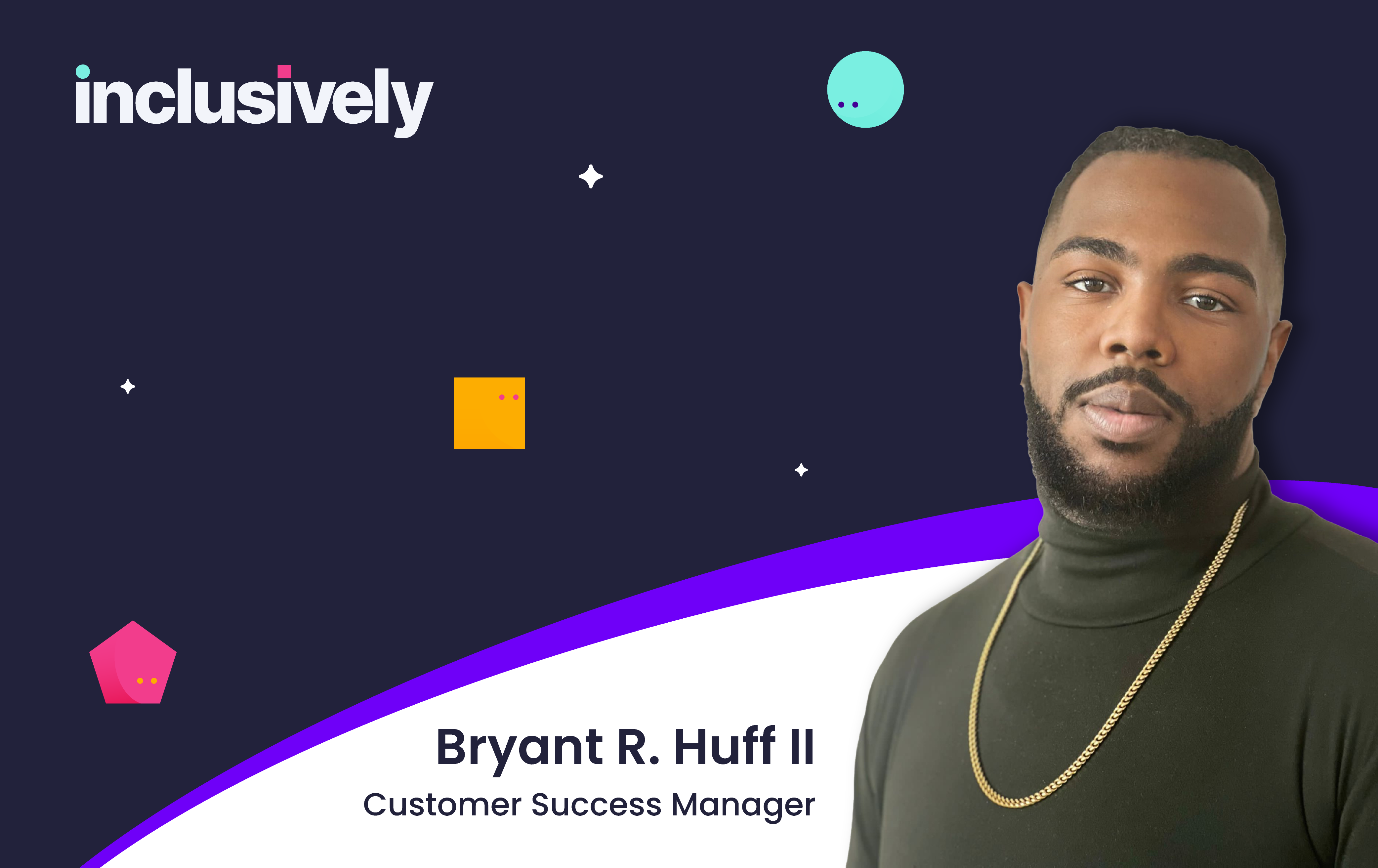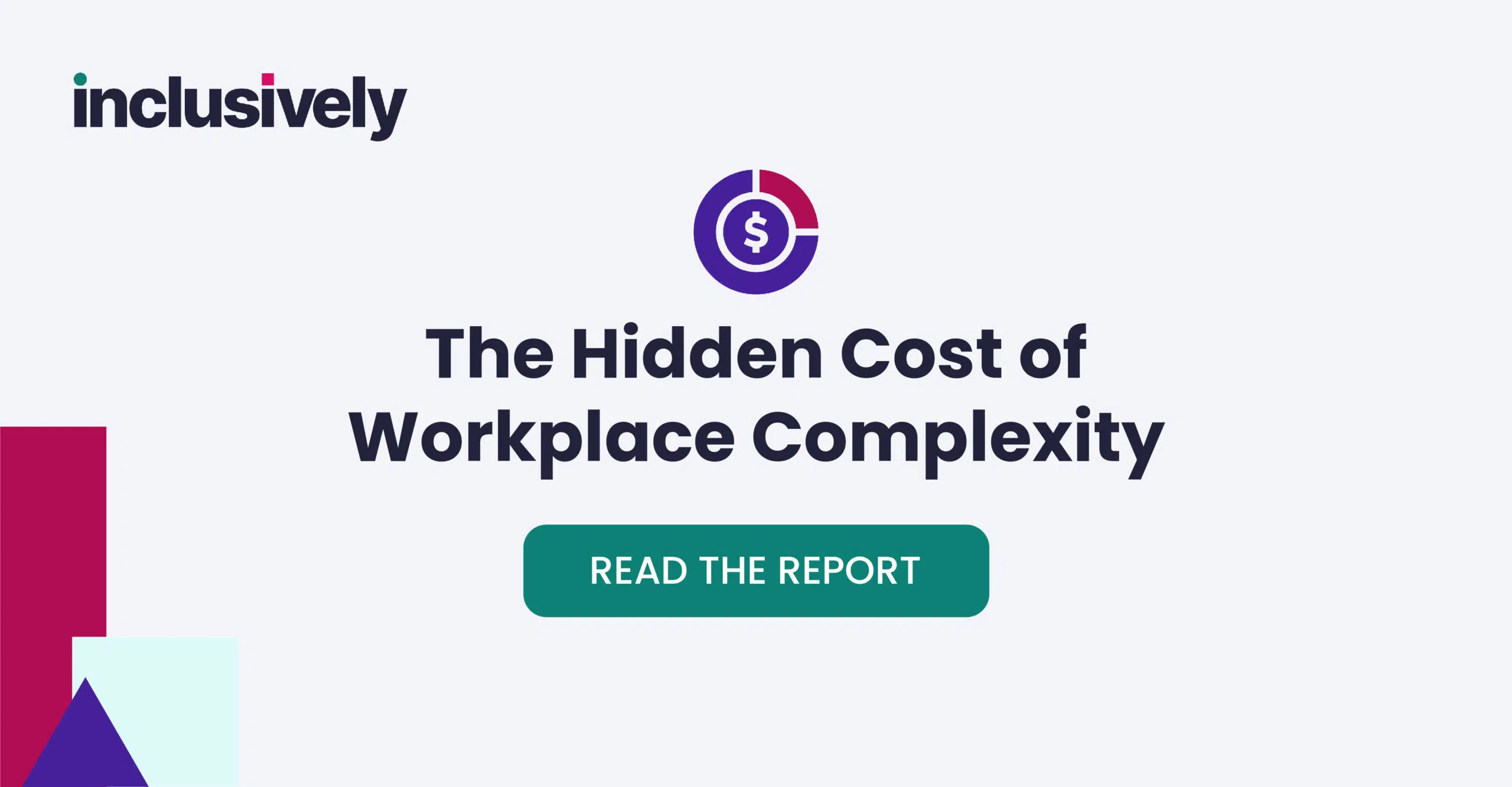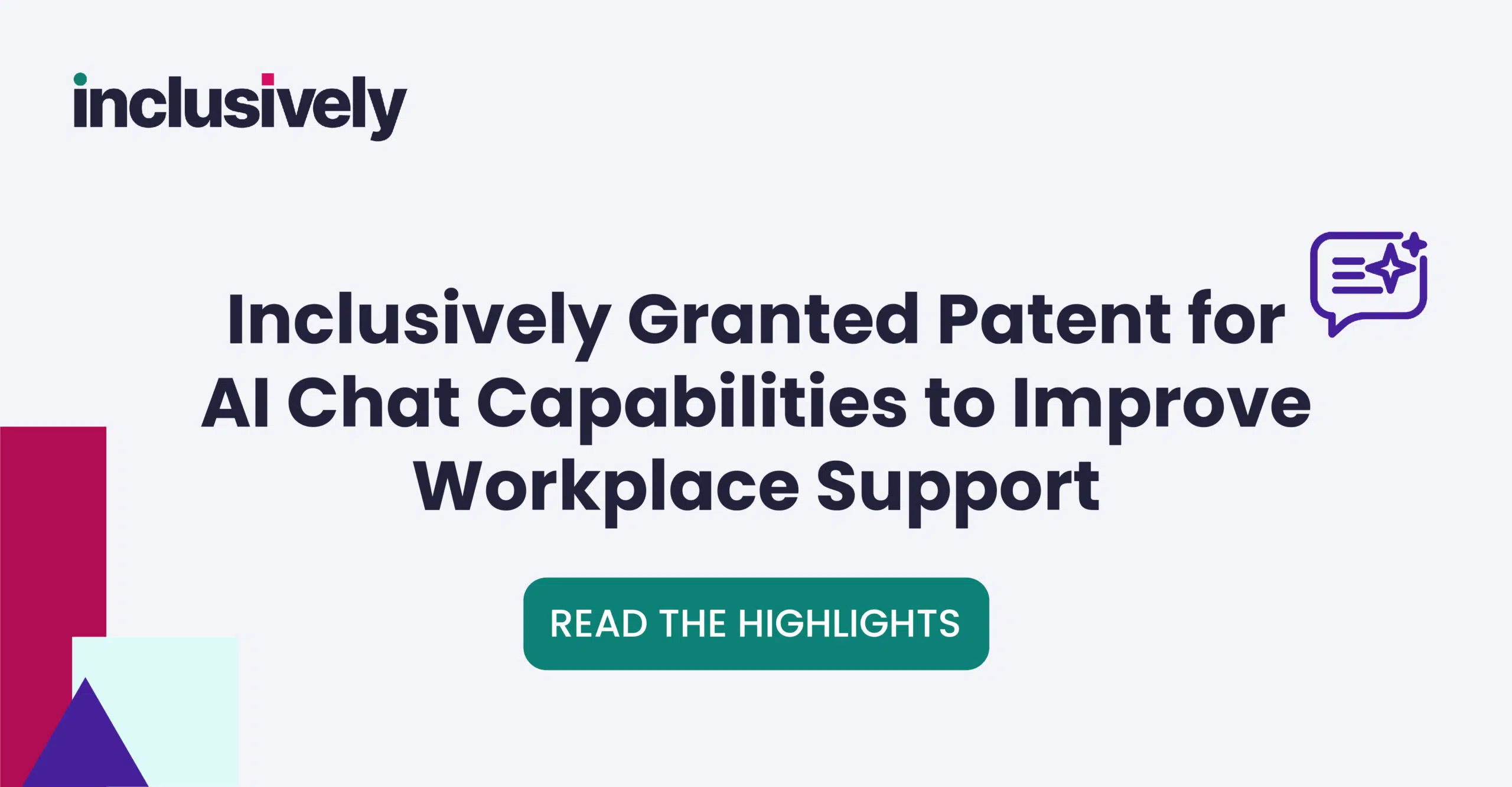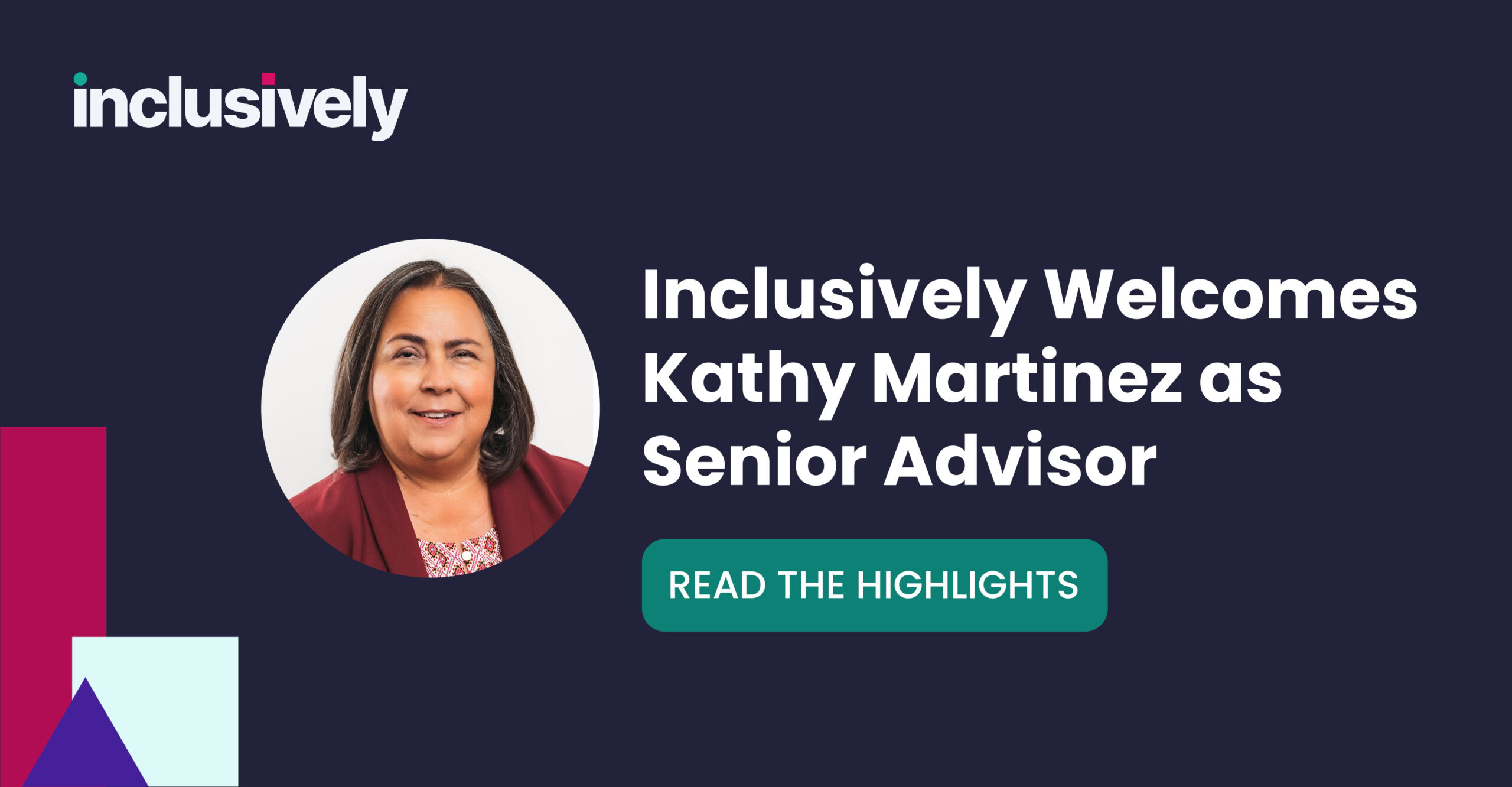In this series, we look forward to introducing you to some of our teammates who are sharing their stories with the world. We hope these pieces provide a broader understanding of how accommodations in the workplace can create healthier work environments and cultures across the board.
Meet Bryant R. Huff II, Customer Success Manager
Bryant joined the Inclusively team on December 21, 2021 after being recruited via Linkedin. Bryant says that it was the mission that spoke to him and ultimately led him to accept a role with the company. “It means I can work in an environment where I can be my most productive,” he reports. “We aren’t just helping companies become more inclusive to people with disabilities, we’re helping them to accommodate everyone equally, which starts with accommodating the folks who historically have not been.”
For Bryant, our mission hit home in more than a few ways. Bryant is neurodiverse and his father also had a disability. For six years, Bryant and his sister were caretakers for their father, who had a stroke in 2016. His father passed away in June of 2021, but before that, Bryant watched his dad struggle to find employment with his disability. “For many people, employment can bring additional purpose in life, something that for some is truly needed,” shares Bryant. “Despite my dad’s qualifications, he was never given an opportunity because of his disability.”
The experience that Bryant’s father endured is why millions of people have chosen to work without disclosing their disabilities. A recent study found that a full 30% of the professional workforce fits the current federal definition of having a disability — and the majority are keeping that status a secret. This means that at any given company, one third of employees are likely managing a disability without the necessary support they need to operate at their maximum potential.
An added proof point for an inclusive work culture
When asked what his favorite Inclusively moment was, Bryant shared this nugget: “During our Disability Interviewer Training with one of our customers, one of their recruiters disclosed for the first time that they had a disability. They stated the training and the partnership they were building with Inclusively is what made them comfortable enough to share.”
Learn more about accommodations and how they’re easier and more affordable than you may think in our article, “What Accommodations Really Mean.”
Healthy workplace cultures and disclosing disabilities go hand in hand
Creating a more inclusive and transparent culture by supporting those with disabilities improves engagement, builds trust between employer and employee, and allows workers to get the tools they need to be most productive. The same study found that the more employees with disabilities disclose to people they interact with, the more likely they are to feel regularly happy or content at work. As a college student, Bryant noted that he received accommodations but had no idea that it was also available in the workforce. “Finding out there are companies out there to help people like my father and myself was really inspiring,” says Bryant.
And after joining the team and working with Inclusively for more than a year, his sentiment is the same. “Inclusively feels entirely different than anywhere else I’ve worked,” said Bryant. “This is the 4th early-stage startup that I have worked with, and the culture here is unlike any other because it truly feels as if our executives care about our wellbeing.”
References:
1. Harvard Business Review, Why People Hide Their Disabilities at Work, 2019.



